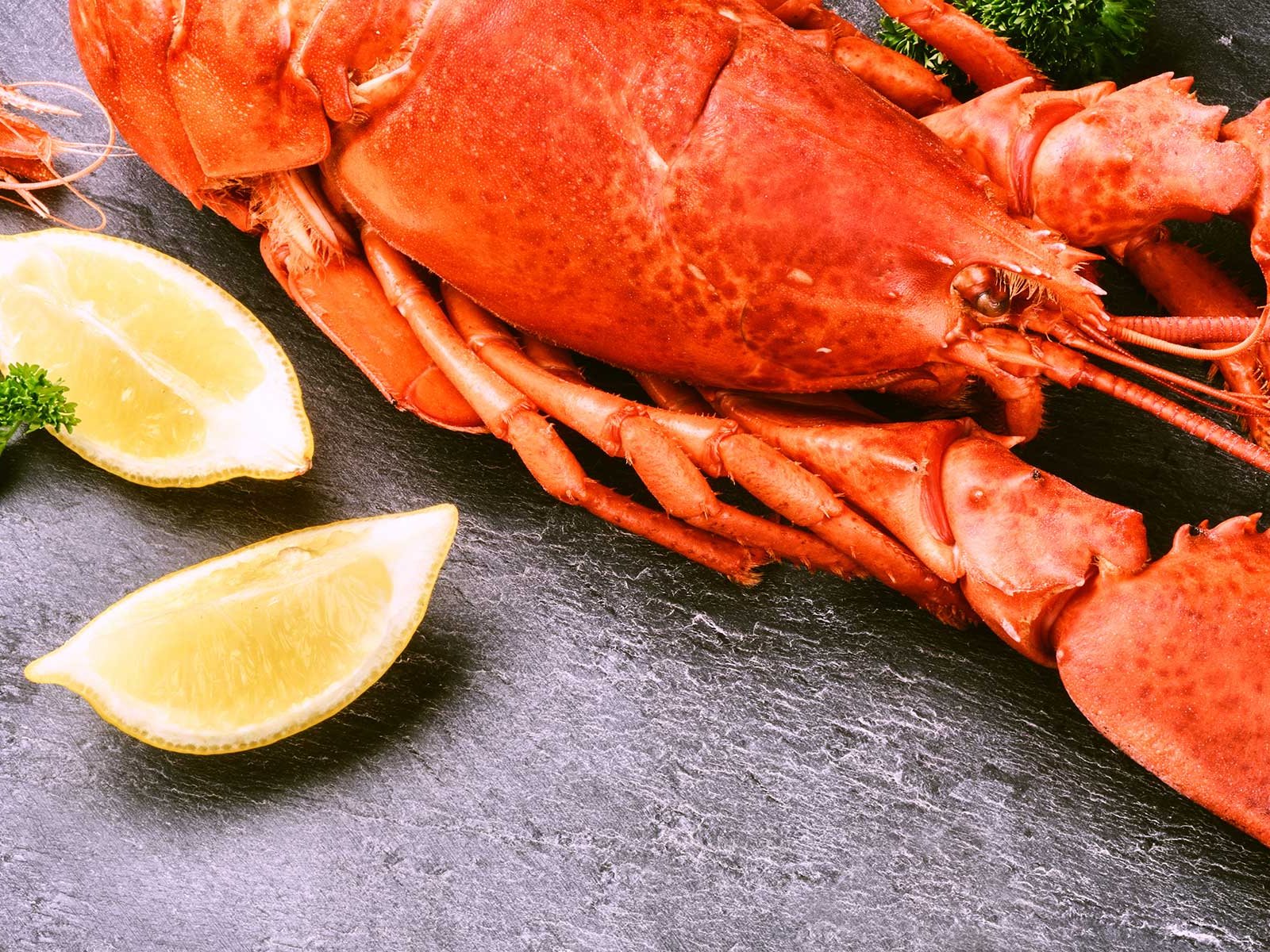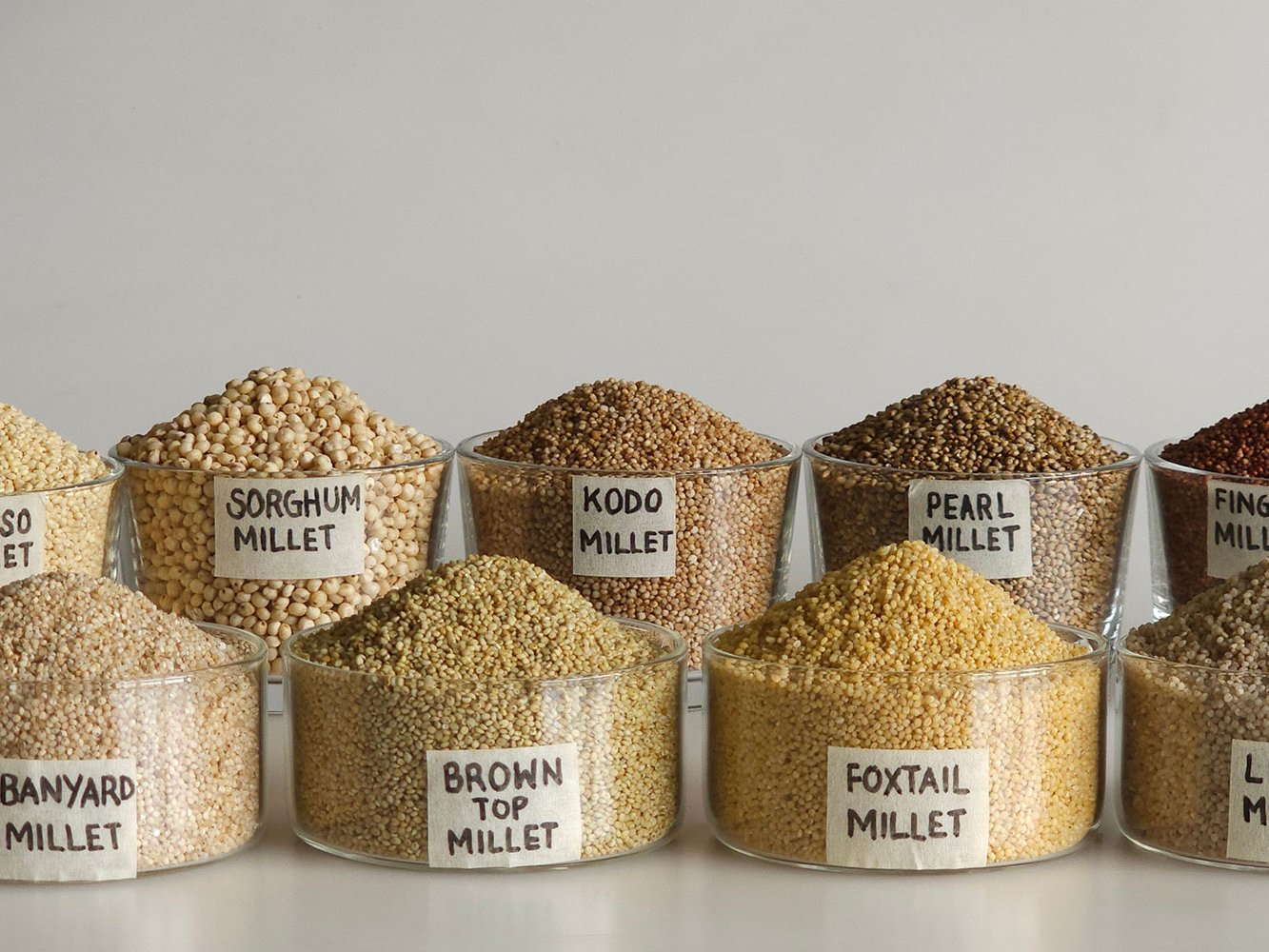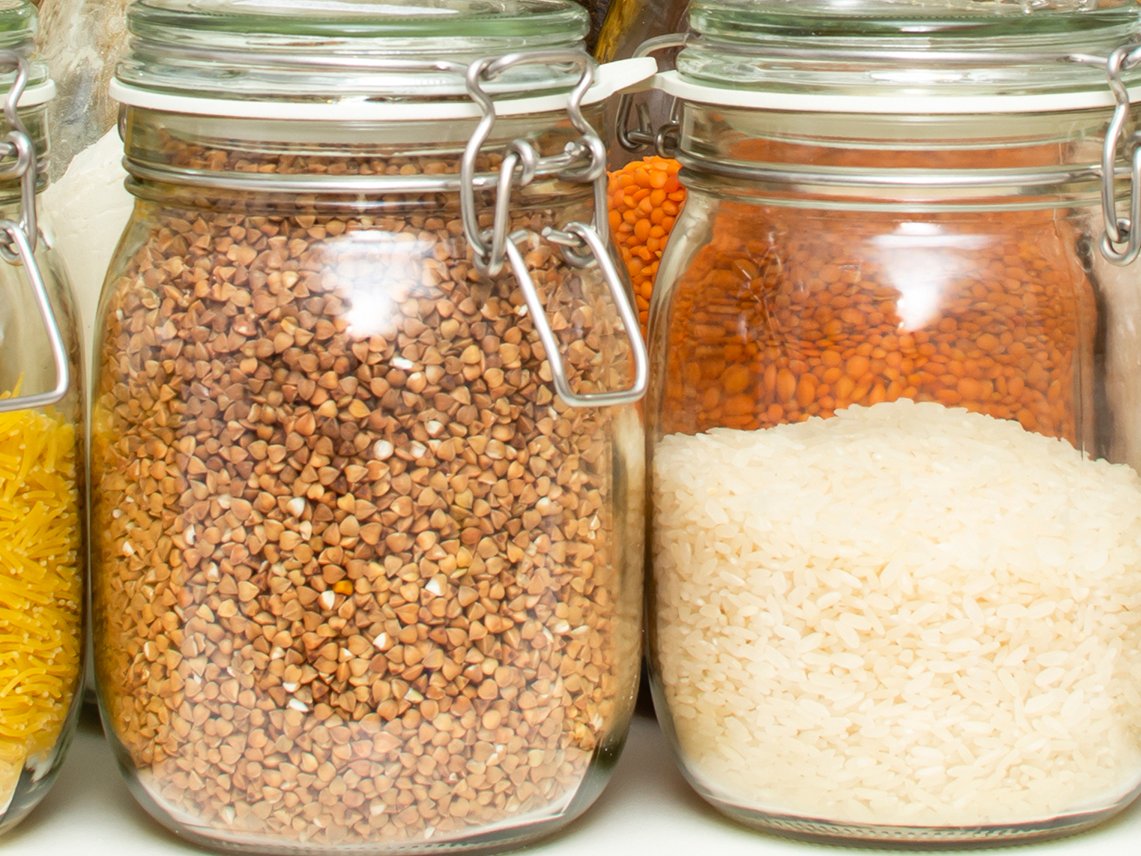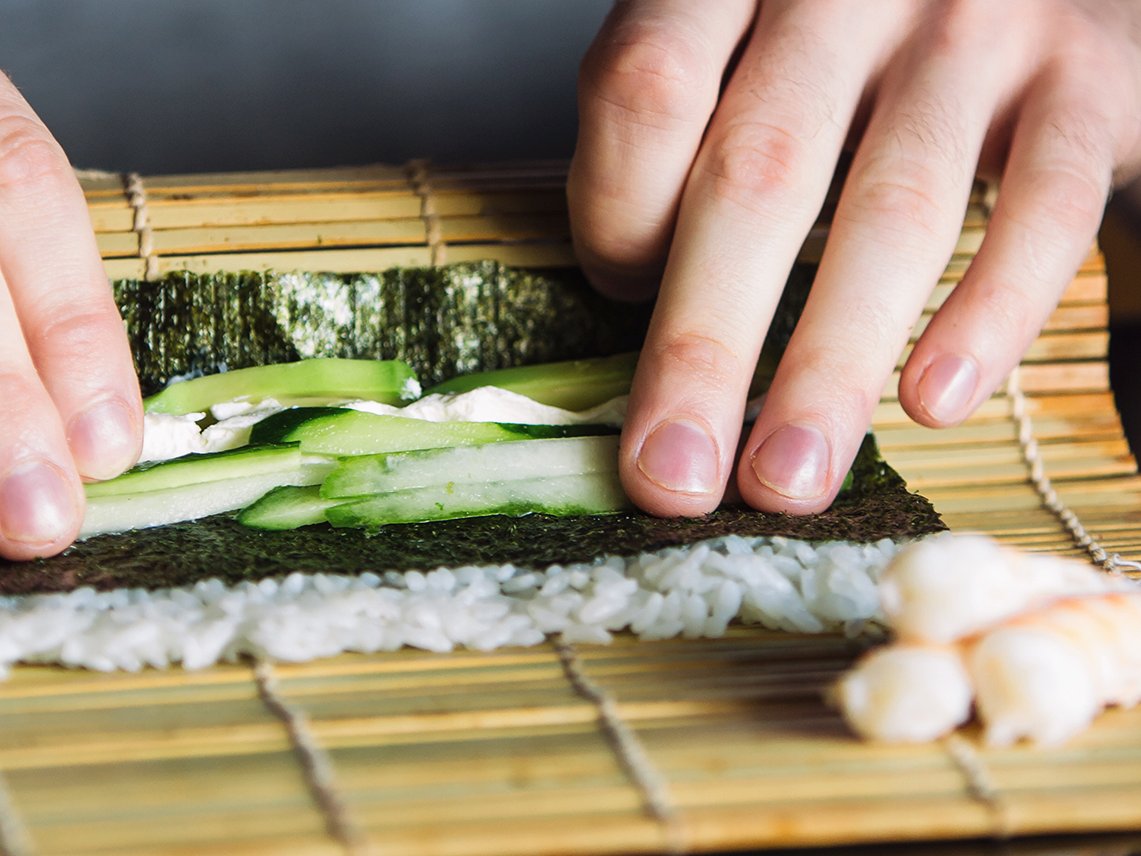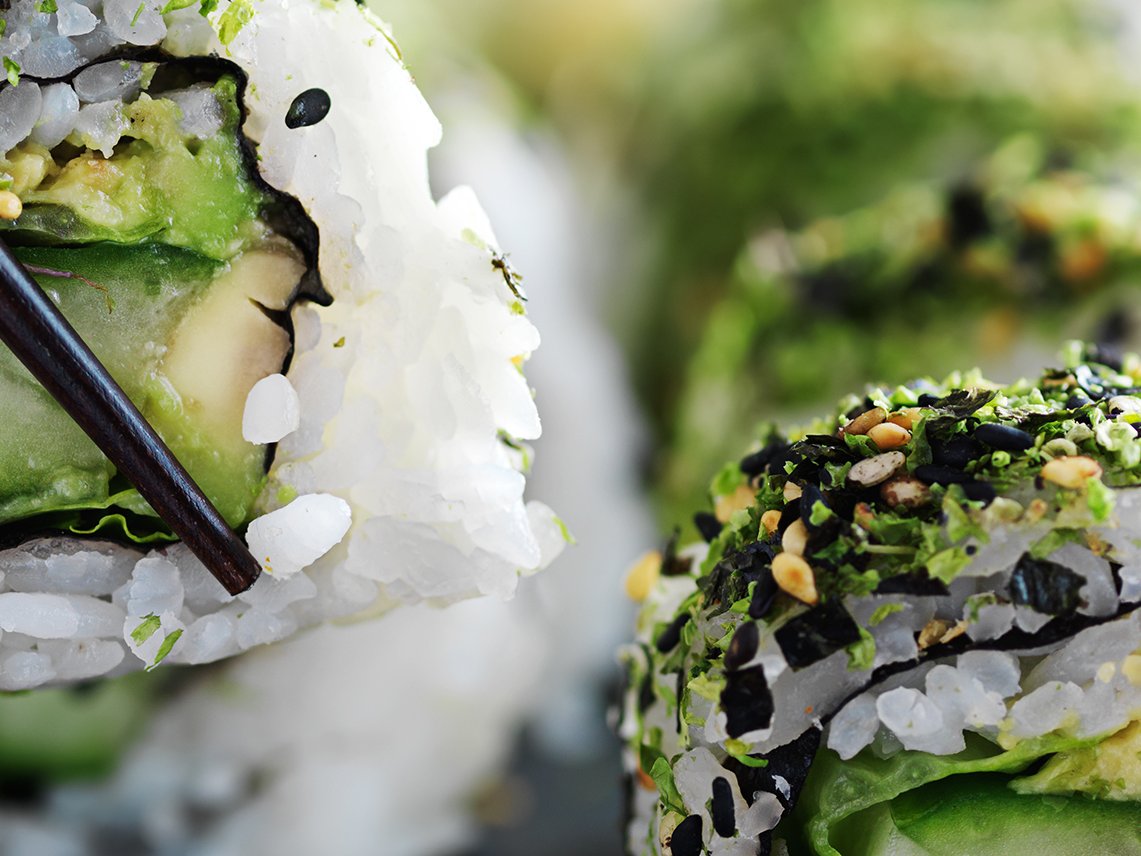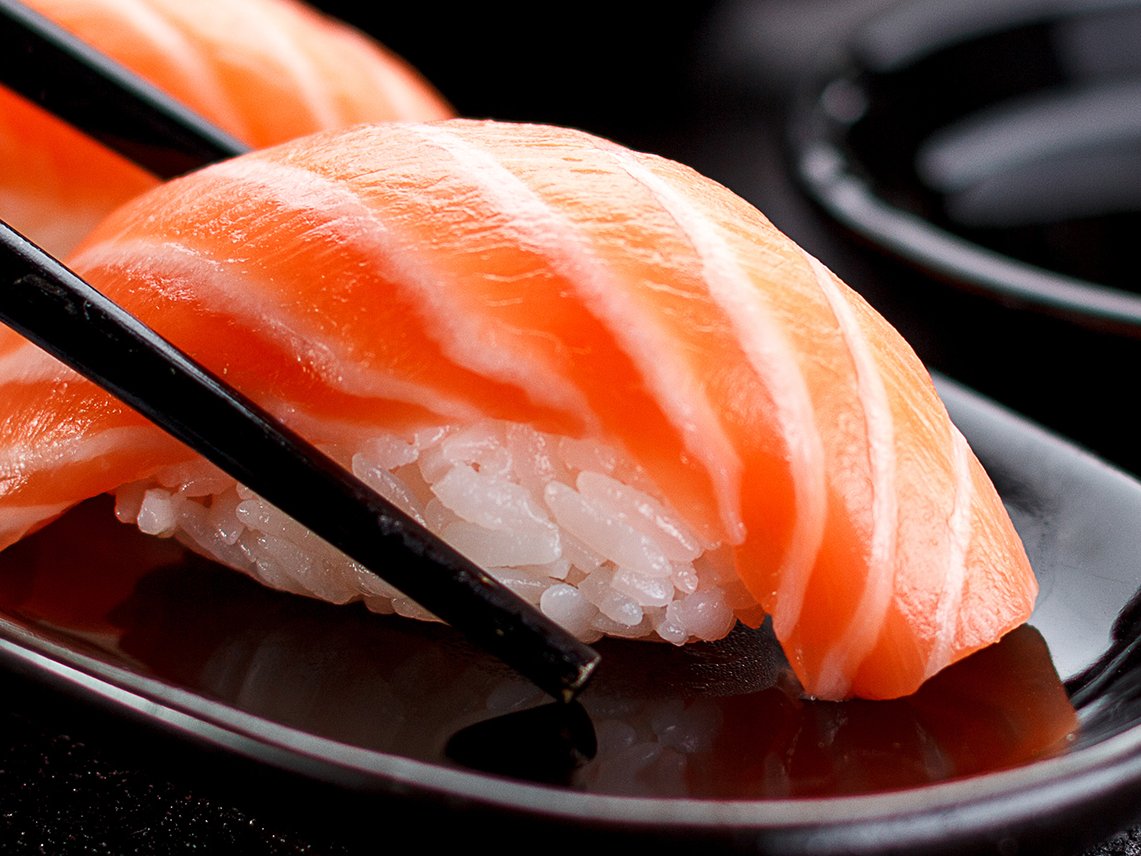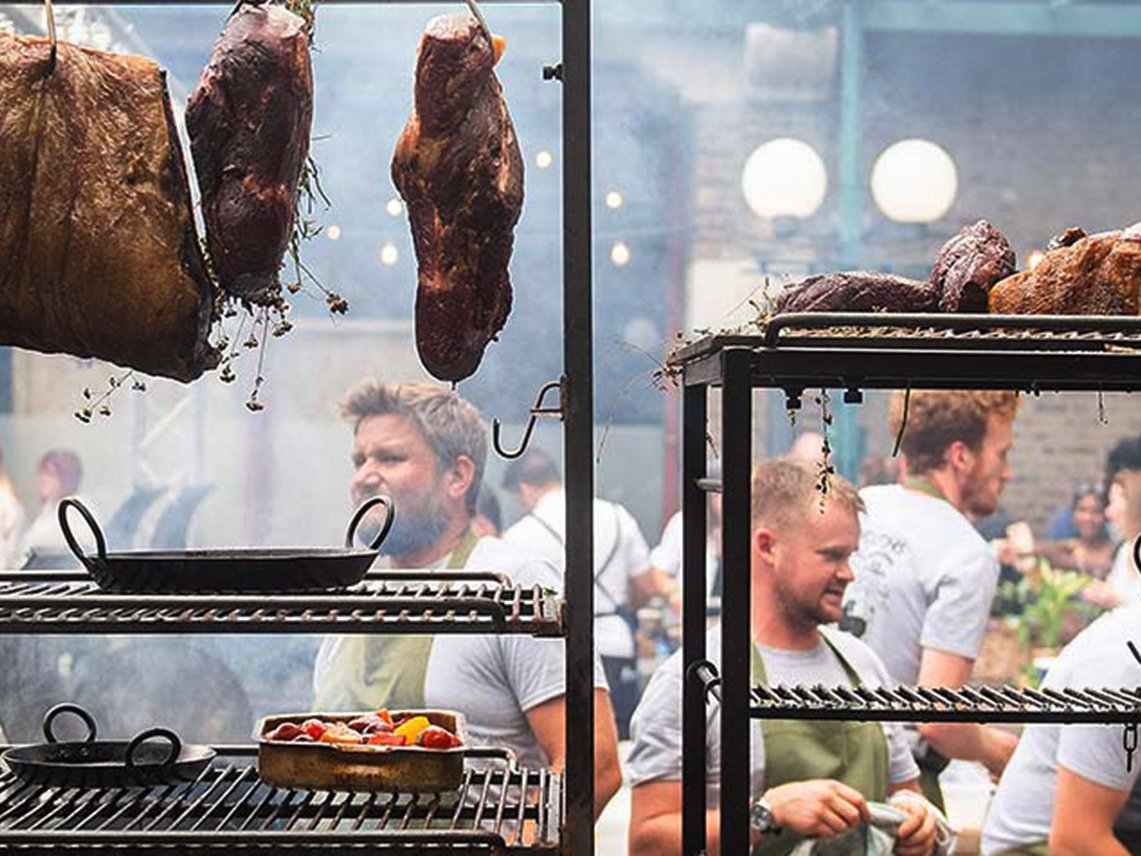Climate Change: Insects as Food of the Future
Fear of climate change is an ever more common reason given for abstaining from eating meat. On the other hand, human beings need protein. Can insects fill the gap?
In May, the larvae of the flour beetle were approved by the EU as food. This is another step towards adding products derived from insects and other small creatures to our menus. But even the fear of a climate catastrophe is not enough for most people to see these creepy-crawlies as a realistic alternative to sausages, burgers or lamb chops. Yet the idea deserves a closer look.
Delicious insects?
For most people the idea of eating insects oscillates between disgust and adventurousness. The reaction, "As a foodie, I couldn't eat something like that", is occasionally heard from time to time. Yet it is precisely this attitude that is questionable. For gourmets, this argument should be turned on its head, "As a gourmet, I have to eat that - or at least try it."
Culinary curiosity should be the essential motivation for gourmets and foodies. In much of northern Europe, insects as food still have the skin-crawling reputation from prepubescent daredevils in sensationalist 'jungle camps' hyped up by various TV shows. But the big picture looks different.
There are 2,111 edible insect species worldwide and in some cultures they are delicious delicacies. Anyone who has had the opportunity to try a deep-fried centipede at the Bugs Café in Angkor Wat in Cambodia, will rave about it for a long time.
The small scorpions offered in the markets of Beijing taste mainly of the sesame oil in which they have been roasted, they are crunchy and make a delcious snack. In the case of spiders, tarantulas are roasted and served with pepper, which are offered in the same markets, only the legs are crunchy. The body retains its soft texture as well as its very distinctive taste, to which your palate may not be at all accustomed.
For two of the world's eight billion people, insects are a common part of their daily diet. Europe is still in the starting blocks. Yet the reasons for eating insects are reasonable and convincing. The combination of excessive meat consumption and industrial animal breeding will develop into a massive problem.
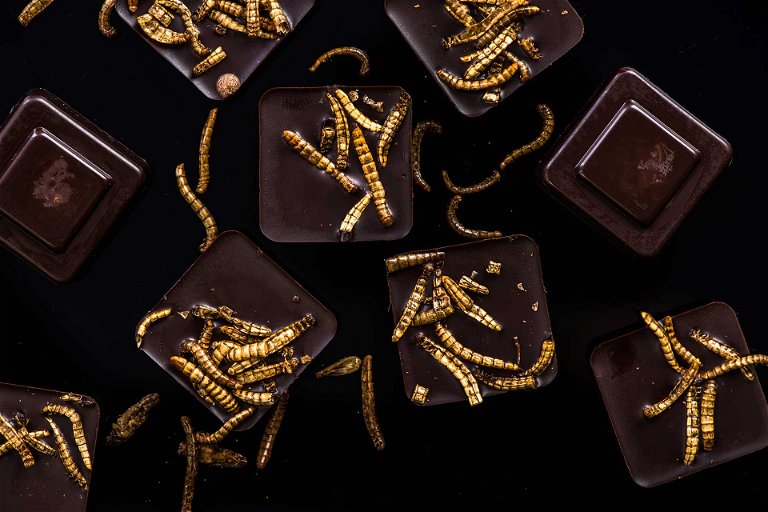
Official Novelty Food
The advantages of creeping and flying protein sources is summarised in a few figures:
- The edible portion of the total organism is about 40% in cattle, and about 55% each in pork and poultry. For insects, on the other hand, around 80% is edible.
- Water consumption in pure meat production is about 15,000 times higher than for farming larvae.
- The cost of feed for insects is significantly lower as is the amount of land required to rear them.
In Europe, the production and supply of insects and their larvae falls into the category of 'novelty food'. By definition, these are "non-traditional foods that had no relevant market presence before 15 May 1997".
Specifically, these are the larvae of the grain mould beetle (also known as Buffalo worm), dried crickets and migratory locusts, the (pupated) drone brood of honey bees or the larvae of the black soldier fly.
These exact names are psychologically and emotionally important, as they make it clear that it is largely not the insects themselves that are processed into food, but their larvae. These have a much higher protein content and also do not have a fully developed nervous system, important from an animal ethics and animal rights perspective.
Cockchafer soup
So there is a clear added value in terms of ecology, sustainability and animal ethics. But are there good culinary arguments? Yes, and have been for a long time. In 1844, the German scholar Johann Joseph Schneider published his recipe for cockchafer soup. This was "prepared in the same way as crab soup.
The beetles, of which there are 30 to a person, are washed as they are caught, then pounded whole in a mortar, roasted hard in hot butter and boiled in meat stock, finely strained and served over toasted bread slices. (...)
A cockchafer soup, well prepared, is tastier, better and stronger than a crab soup." Further on he notes, "All the guests who have enjoyed cockchafer soups with me, without knowing it and without being told, have asked for double, even triple portions!"
An uncomfortable truth
There are numerous studies supporting the idea that eating insects could help protect the climate. But only if entomophagy (the technical term for eating insects) outstrips carnivorism (eating meat). What is relevant in terms of climate protection is therefore not just the consumption of insects, but the reduction of our meat consumption and, by association, industrial factory farming.
Covering our protein needs by eating insects is one possible strategy that can help us achieve this. But for this to happen, it is necessary that the insects, beetles, spiders, worms and their larvae loose the aura of the exotic. A 'dare' now and then or a few funny larvae on a salad won't change anything.

